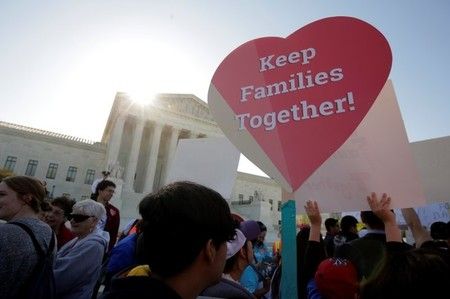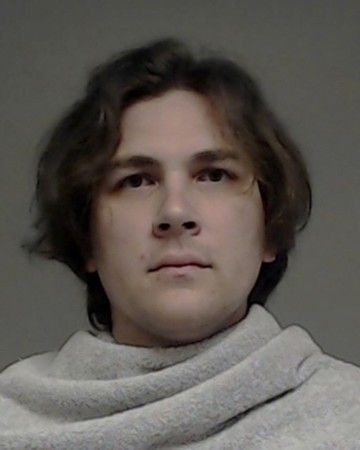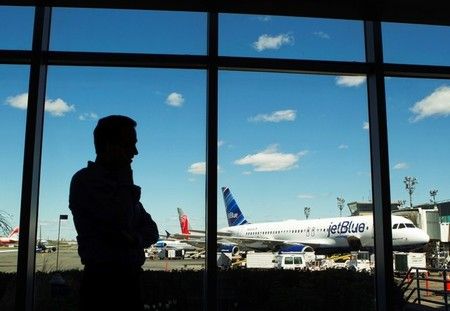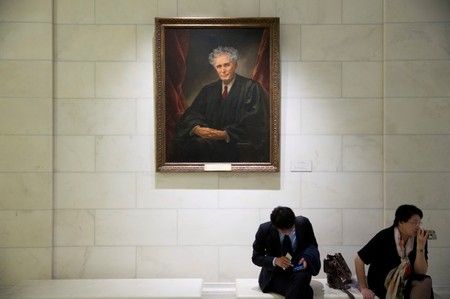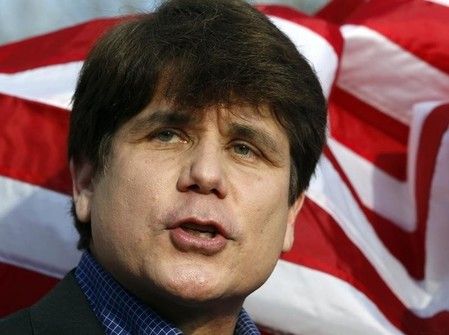Advertisement
North Carolina will ask Supreme Court to allow voter ID law to stand
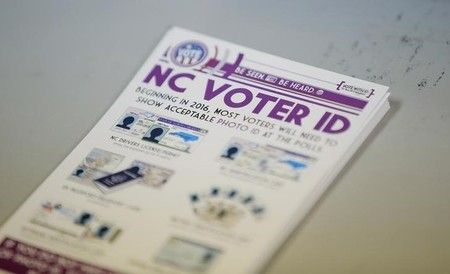
By Colleen Jenkins
WINSTON-SALEM, N.C. (Reuters) – North Carolina will ask the U.S. Supreme Court to allow a state law requiring voters to show identification to stand, after an appellate court struck it down a week ago, Republican Governor Pat McCrory said on Friday.
The 4th U.S. Circuit Court of Appeals on Thursday refused the state’s request to put its decision on hold while North Carolina asks the Supreme Court to overturn it ahead of the U.S. general election on Nov. 8.
McCrory said the state will ask justices by early next week to stay the appeals court’s ruling, which found that sweeping changes to the state’s voting rules in 2013 intentionally discriminated against African-Americans.
An application for a stay would likely be directed to Chief Justice John Roberts, who has responsibility for emergency actions that arise from the 4th Circuit. Roberts could act alone or refer the matter to all eight justices. Five votes are needed to grant an application for a stay.
“Changing our state’s election laws close to the upcoming election, including common sense voter ID, will create confusion for voters and poll workers,” the governor said in a statement. “The court should have stayed their ruling, which is legally flawed, factually wrong and disparaging to our state.”
The state’s request would be a mistake, said Marc Elias, a lawyer for plaintiffs in the case. “North Carolina should stop wasting taxpayer money trying to make voting harder and should instead implement the court’s order,” he said in a statement.
In addition to striking down the state’s requirement that voters show photo identification when casting ballots, the appeals court also canceled provisions of the law that scaled back early voting, prevented residents from registering and voting on the same day and eliminated the ability of voters to vote outside their assigned precinct.
Voting advocates say those provisions are important for providing more access to the polls for minorities and poor people, who rely more on flexible voting methods and are less likely to possess state-issued photo IDs.
Proponents of voter ID laws say they are intended to prevent voter fraud.
(Reporting by Colleen Jenkins; Additional reporting by David Ingram in New York; Editing by Jonathan Oatis)



